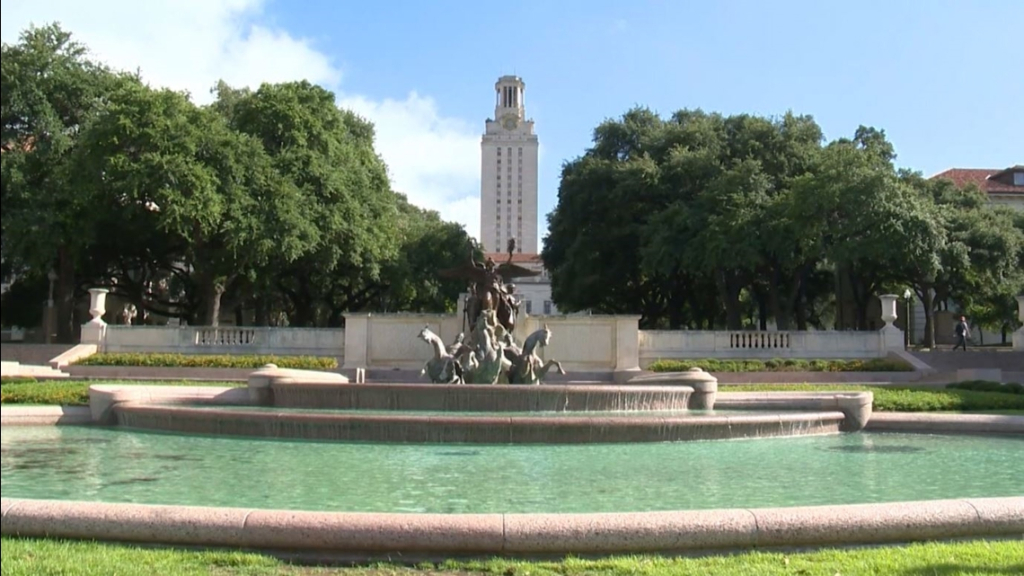University presidents have been facing growing political pressures.

WFAA
Austin, Texas – Many were surprised when University of Texas at Austin President Jay Hartzell announced Tuesday he would leave to lead Southern Methodist University in Dallas. But for Holden Thorp, former chancellor of the University of North Carolina, the move wasn’t unexpected.
Thorp resigned in 2012 amid an athletics scandal, but also because of political tensions with state lawmakers over issues like gender-neutral housing and immigration. “Staying would have meant battling a GOP legislature suspicious of me,” he said, reflecting on his own departure from public higher education. “Leaving made all the sense in the world.”
For Thorp and others, Hartzell’s exit highlights the growing difficulties of leading a public university in an era of increasing political pressure. In Texas, the state’s ban on diversity, equity, and inclusion (DEI) offices has intensified these challenges, with Republican leaders criticizing universities for not enforcing it strictly enough, while students and faculty accuse administrators of overcompensating.
In recent years, conservative lawmakers have also pushed to eliminate tenure and regulate faculty speech. Hartzell’s departure raises questions about the type of leader UT-Austin will attract next, with some worried that ongoing political battles may deter qualified candidates.
Michael Harris, an education professor at SMU, said he’d be “nervous” if he were a faculty member at UT, given the legislature’s role in making leadership difficult. “You’ve essentially had two presidents—three, if you include Bill Powers—whose jobs were made harder by the Legislature.”
Some, like state Rep. Brian Harrison, see Hartzell’s departure as an opportunity for a more conservative leader. “This is a chance for bold leadership to steer the university back to basics—educating the workforce and strengthening Texas’ economy,” he said.
Experts suggest that, like in other GOP-led states, Texas could see more politically connected leaders in the future. However, while former politicians may excel in fundraising, their transitions to academia, as seen with ex-Senator Ben Sasse at the University of Florida, can be rocky, with reports of increased spending in his office.
Ultimately, many worry the political climate may discourage leaders committed to academic freedom and university independence. “I’d want a president who supports both academic and speech freedoms,” said Pauline Strong, president of the UT-Austin AAUP chapter. “But I’m not sure that’s assured.”




